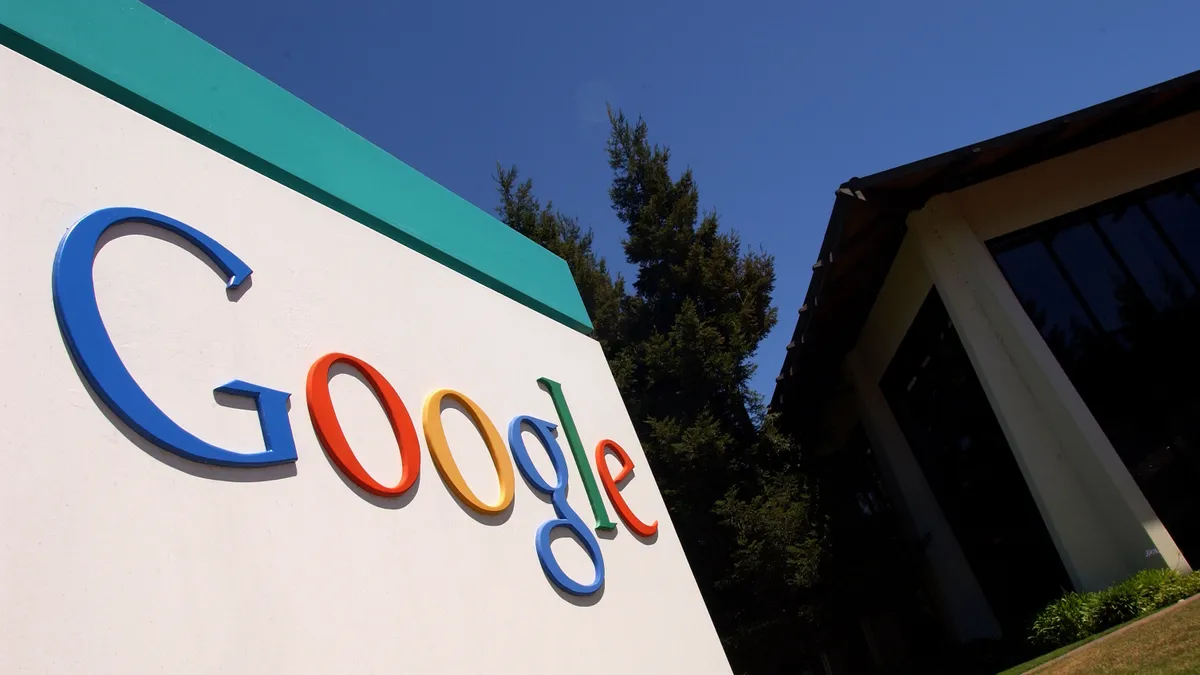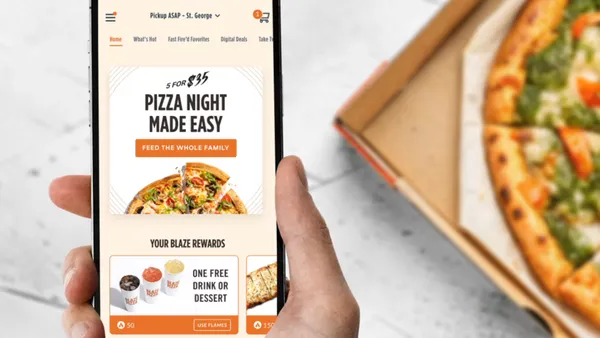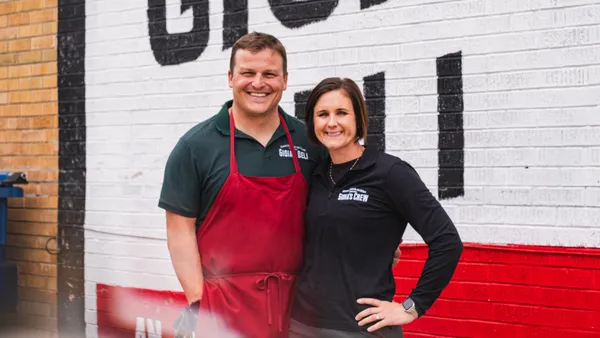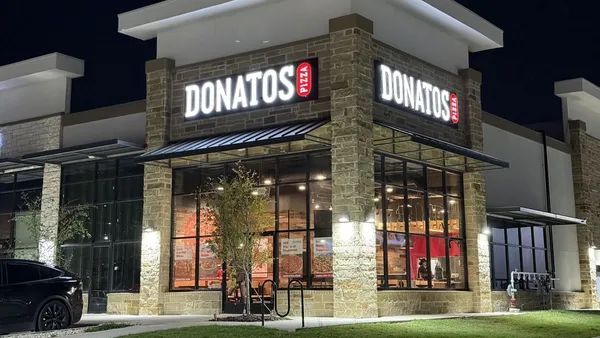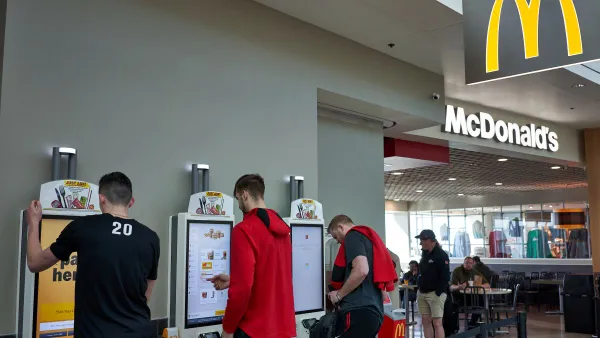Dive Brief:
- A class action lawsuit has been filed against Google alleging the tech giant infringed on restaurants' intellectual property rights and interfered with their customer relationships by using "deceptive online ordering practices." The suit was filed on behalf of Left Field Holdings, which operates several Lime Fresh Mexican Grill restaurants.
- The complaint alleges that Google used the Lime Fresh name without its permission and "intercepted" more than 1,000 orders from its customers, most of which were pickup orders. The suit also alleges Google directed customers to unauthorized websites that were intentionally designed to include Lime Fresh but were owned and controlled by Google.
- The complaint alleges that Google's unauthorized sites directed customers to branded pages on delivery platforms such as Grubhub and DoorDash. The plaintiffs say they did not authorize or sponsor their pages on the sites of major providers.
Dive Insight:
The suit claims Google began these practices in 2019, using a website to capture customers' attention and sell their orders to third-party delivery companies. Attorneys for the plaintiffs said this resulted in restaurants having to pay service fees to third-party delivery companies while losing direct relationships with customers.
"Google's deceptive webpages divert orders and customers away from the restaurants and into a process that benefits Google, but not the restaurants," said Tim Sperling of Sperling & Slater, a law firm which joined Keller Lenkner and Hausfeld LLP in filing the class action.
In late 2018, Google redesigned its Maps site, adding star ratings for restaurants. Soon after, Google Maps added a feature showing images of the most popular meals at a restaurant. The company also introduced new features for Google Lens, including the ability to split a bill or calculate a tip by pointing a mobile camera at the receipt.
Google added online ordering capabilities in 2019, integrating with Olo to allow customers to order food from Google Search, Maps and Assistant. Also that year, ChowNow and delivery.com began partnering with Google for online orders.
These moves may have been a boost for restaurants, given Google's massive audience. The company's Android system, for instance, owns about 42% of U.S. mobile operating system market share. There are over 1 billion restaurant searches on Google every month, according to Forbes. According to a recent survey from SEO Clarity, 66% of respondents trust Google, a higher percentage than trust other tech companies.
"When [consumers] want to place an order with a restaurant, they usually turn to Google – the world's leading search engine," the lawsuit states.
A similar lawsuit was settled by Grubhub last year. The suit accused the company of creating "misleading pages" for non-partnered restaurants. Though Grubhub denied all allegations, it did implement several changes on its website to give restaurants more control.


